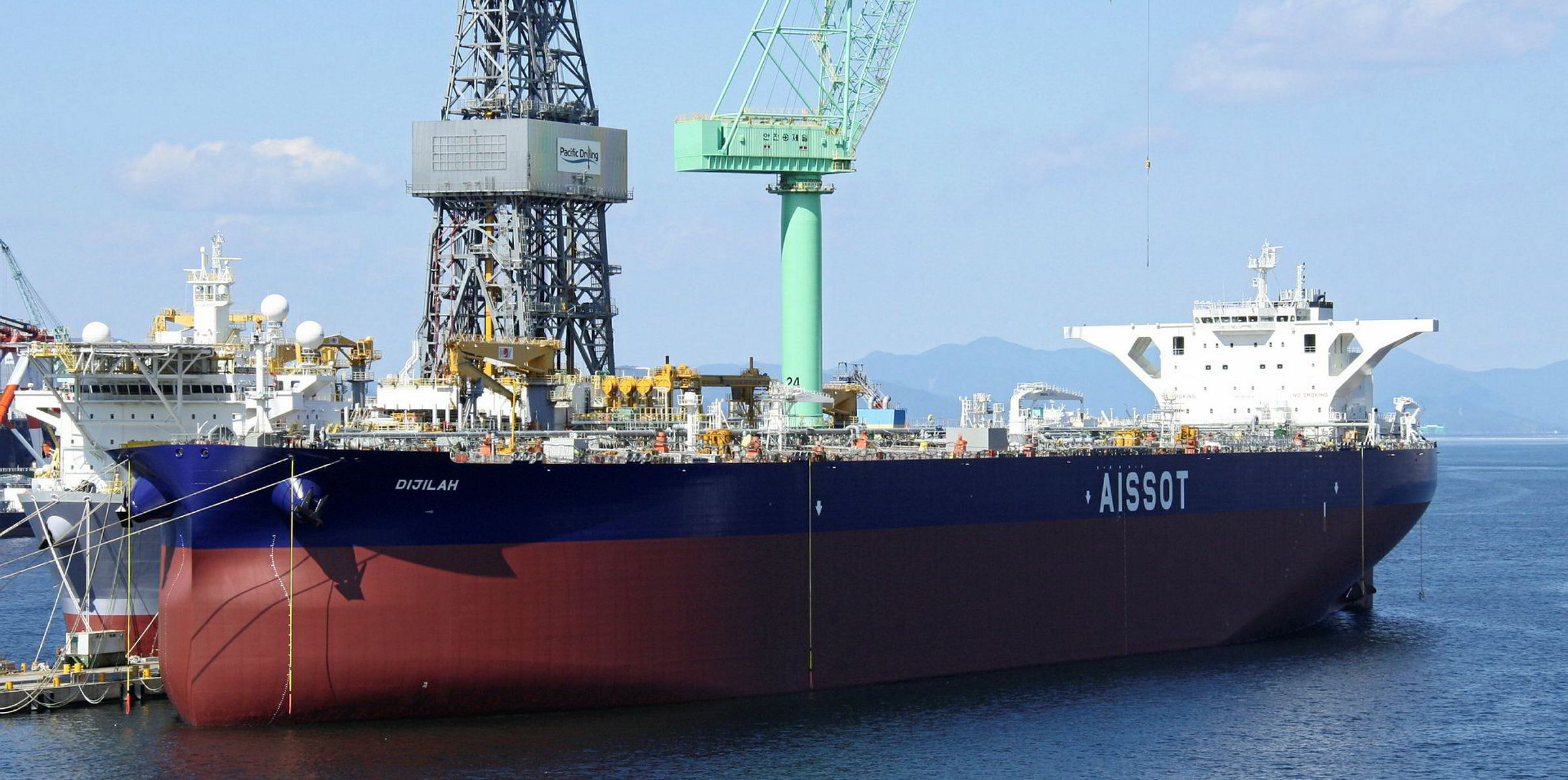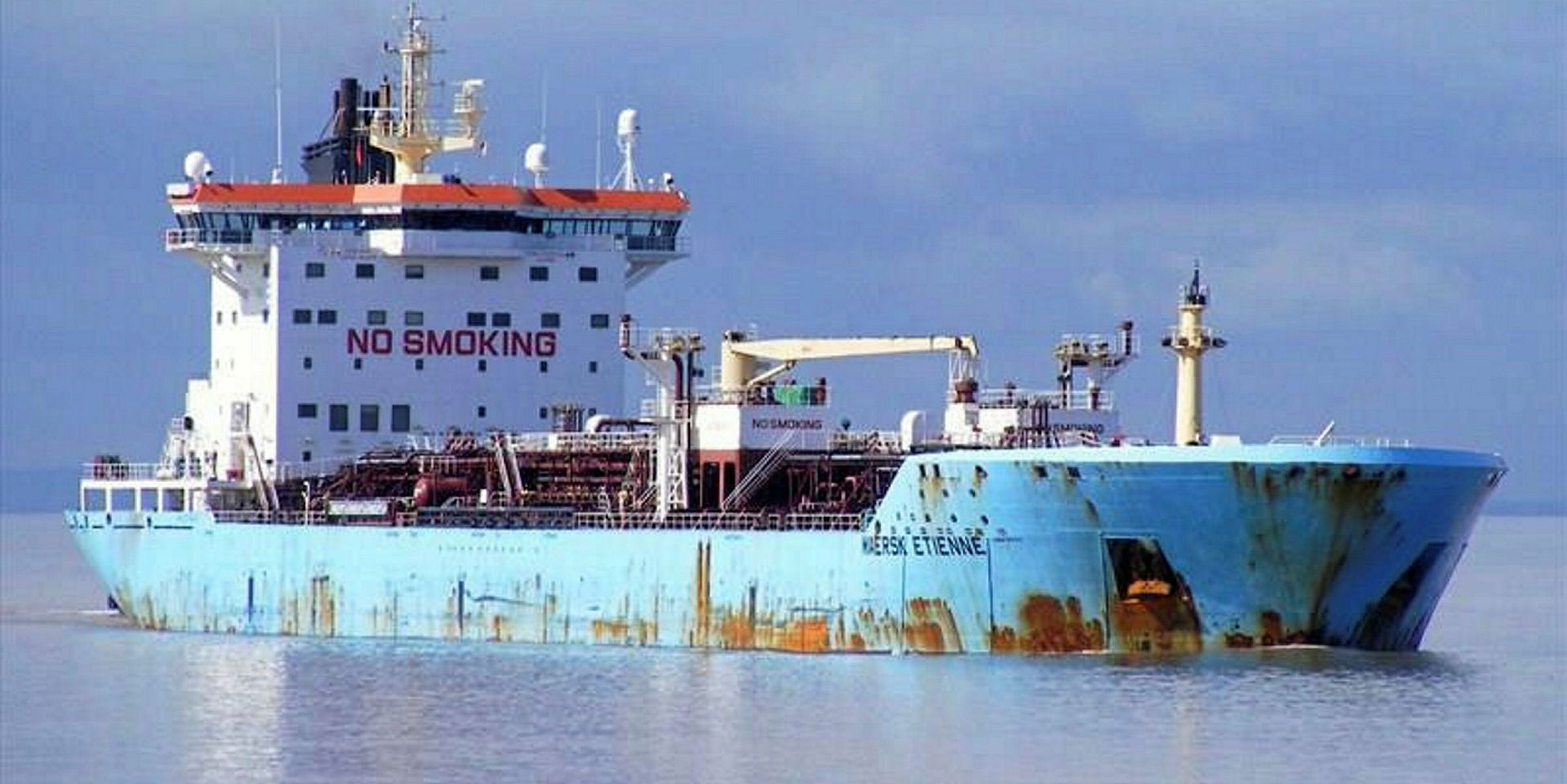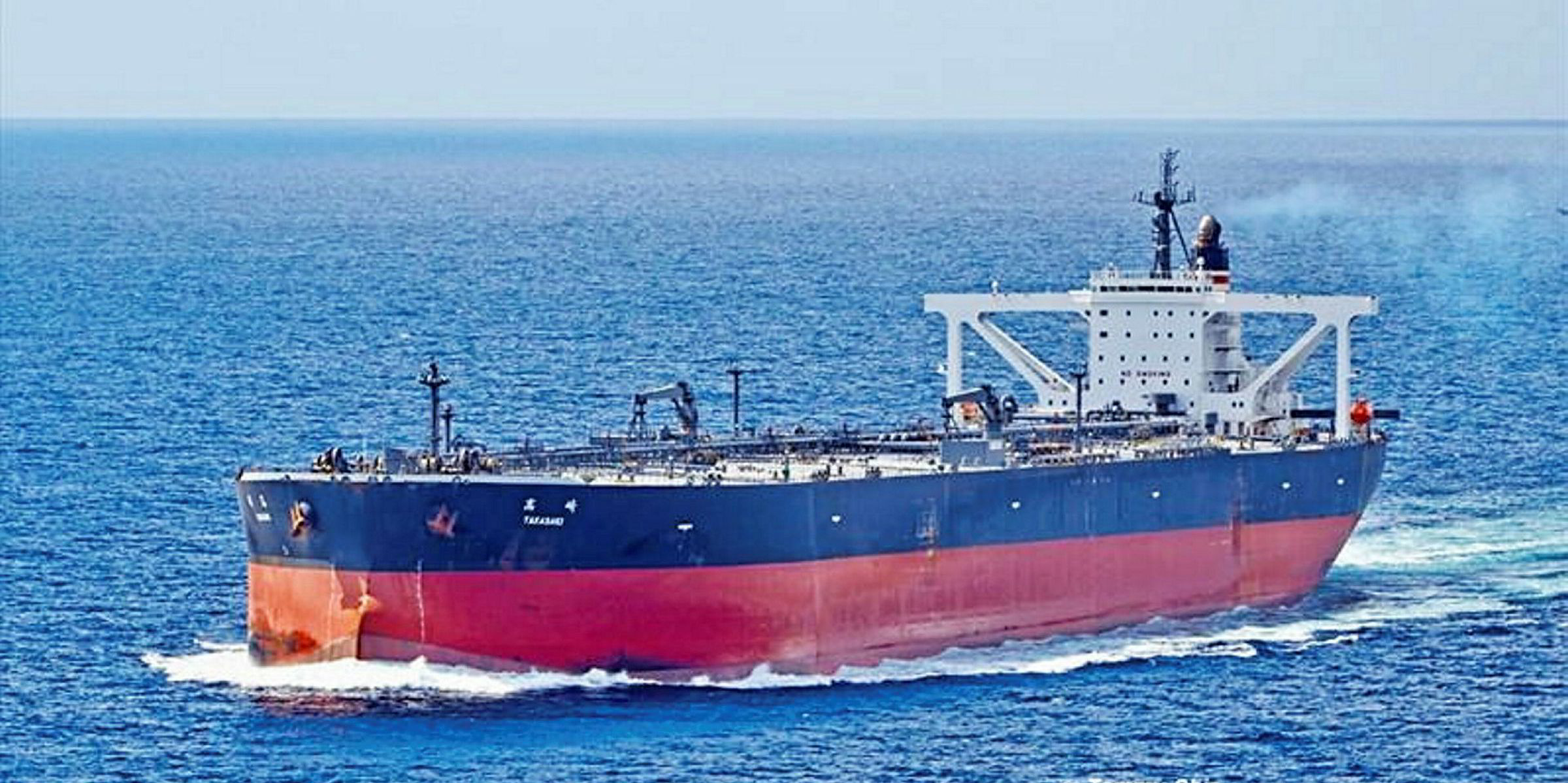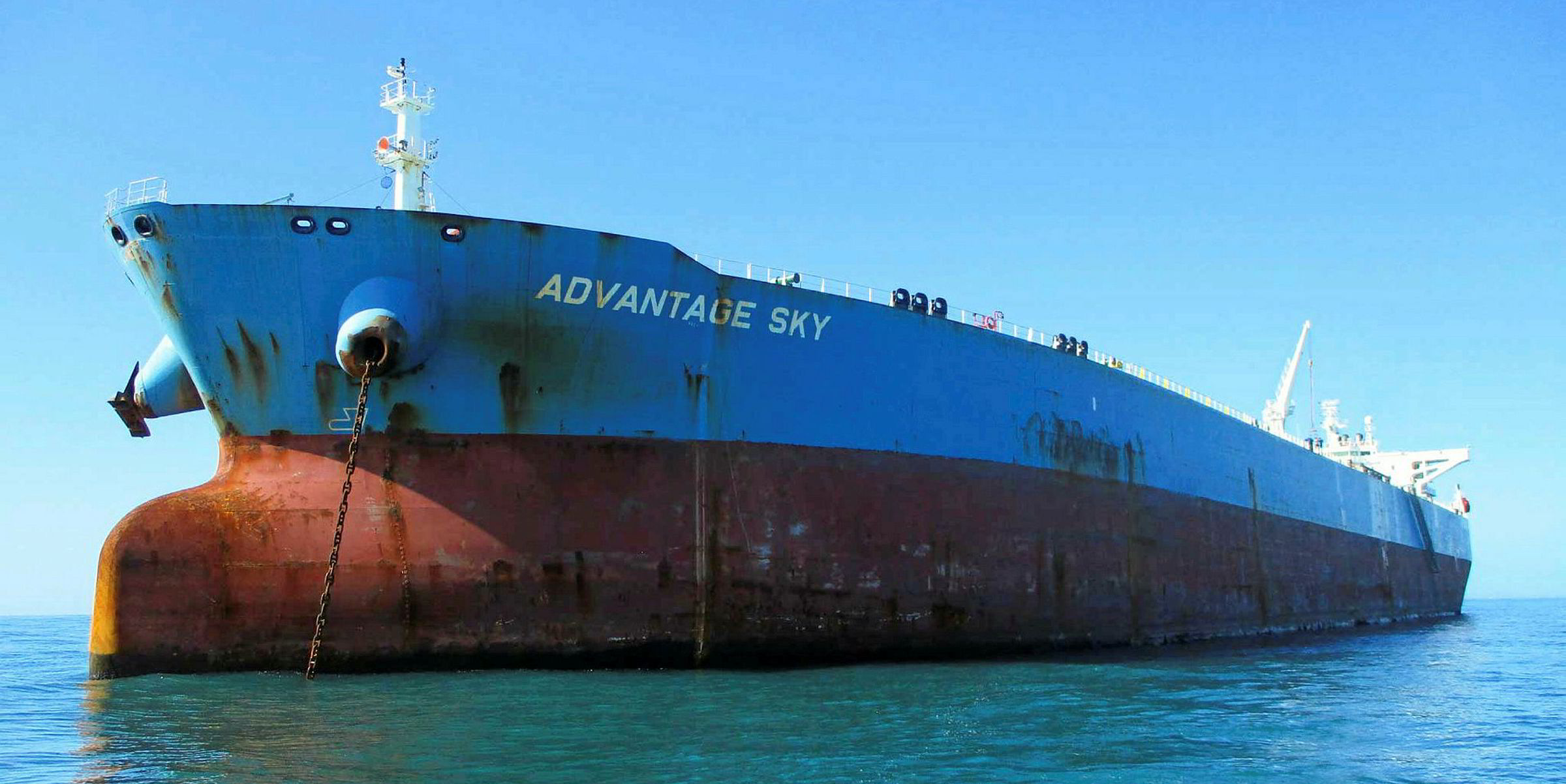Tanker congestion in China has remained severe this month, with market sources reporting that the country's ports are struggling with brimming storage tanks.
Kpler data showed a total of 83 tankers were waiting to berth in the world’s largest seaborne crude importing nation as of Sunday, including 43 VLCCs, 17 suezmaxes and 13 aframaxes.
Among them, the 320,596-dwt Dijilah (built 2019) has been in Qingdao for 58 days after loading West African crude for Vitol in the second quarter.
The number of ships waiting had been 76 on 18 July before increasing to 91 on 1 August.
“The congestion is more serious in ports in North China, like Qingdao, Yingkou and Rizhao. I had a ship caught up for over 40 days because the land-based storage was full,” said a Chinese shipowner.
“Normally, the waiting period should be just five or six days.”
Some sources speculate that not all the ships in China are struggling to discharge due to storage issues.
“Many ships were fixed on period charters in March and April. So their charterers may delay discharging to get a higher price since the oil market is in contango,” one source said.
“But a big portion of them will see their charters expire in September and likely be released back into spot trading.”
After importing more than 12m barrels of crude per day in June and July – a historically high level – China is struggling to deal with capacity bottlenecks at logistics facilities.
Following the country’s worst floods in decades, demand-side worries have emerged for refined products and Chinese refiners are cutting their crude intake.
Reflecting the domestic market weakness, the November crude futures on the Shanghai International Energy Exchange changed hands at about CNY 306 ($44) per barrel in the early morning of Tuesday. This was even lower than Brent futures at $45.2.
“For the health of the VLCC market going forward, it is critical that China’s economy remains strong and that it continues to import crude from all the major producers worldwide,” Poten & Partner’s tanker research head Erik Broekhuizen said.
Spot earnings of VLCCs on the benchmark Middle East Gulf-China route were assessed by the Baltic Exchange at just over $16,900 per day on Monday, close to their six-month low. Average aframax earnings were at about $6,070 per day, nearing their three-week low.
However, average suezmax earnings have held above $12,000 per day since last Wednesday, supported by vessel demand in West Africa and the Black Sea.






